
5:47

The New Testament contains four ancient biographies of Jesus of Nazareth, and altogether they are called “the Gospel.” Each one tells the story as an announcement of good news that the crucified and risen Jesus is the true ruler of the nations. In this video, we explore why these accounts were written and how you can read them with greater insight.
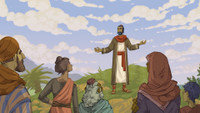
Episode 16

Episode 1
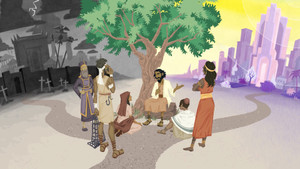
Episode 2

Episode 3
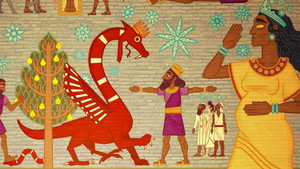
Episode 4
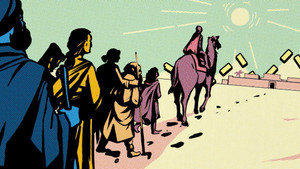
Episode 5
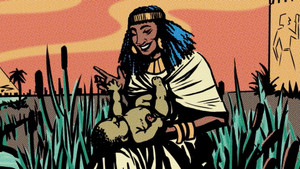
Episode 6
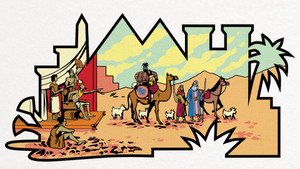
Episode 7

Episode 8
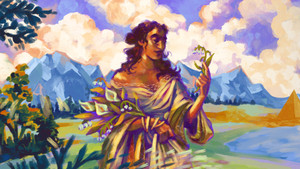
Episode 9
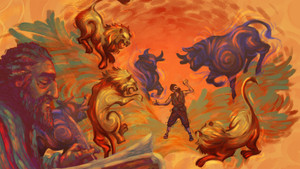
Episode 10
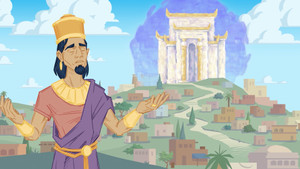
Episode 11
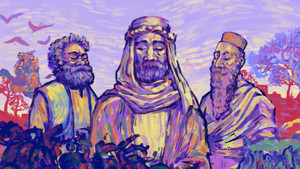
Episode 12
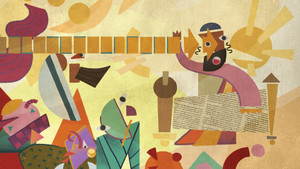
Episode 13

Episode 14

Episode 15

Episode 16

Episode 17
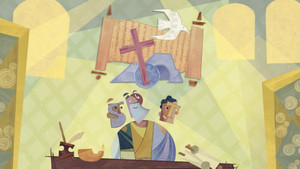
Episode 18
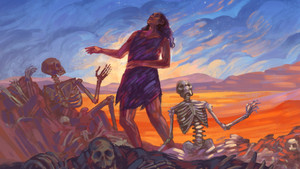
Episode 19